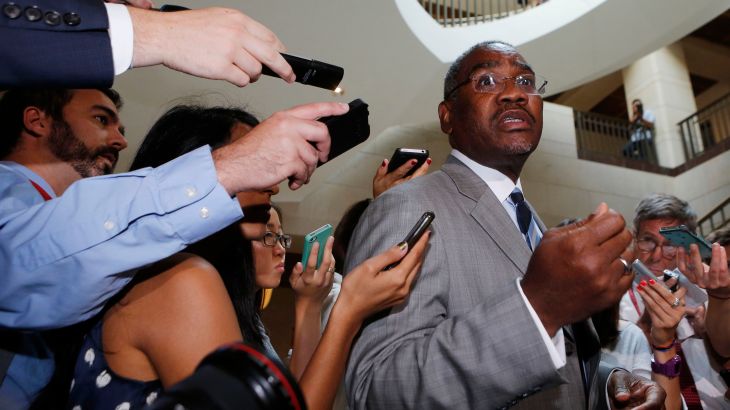
Deja vu in Syria
As the media talks of WMDs and calls for intervention, have journalists already forgotten the lessons from Iraq?
Weapons inspectors, WMDs and calls for intervention – deja vu? Plus, journalism reinvented: the challenges of covering the Syrian war from afar.
The media story in town this week has got to be Syria. In a conflict as long and bloody as this, it takes a significant development in the story to regain the international media’s attention. And that happened on August 21, when graphic video surfaced on social media sites, showing victims of chemical weapon attacks.
The US, UK and French governments all blamed the Syrian military under President Bashar al-Assad. The subsequent debate in the international media presented a multiplicity of narratives, depending on where the news was being written or broadcast and what political relationship their country had with the Assad government. Russia, China and Iran have all used their state-owned media to cast doubt over whether or not it was the Syrian military that was responsible for the attack, but it is not as though Washington, London and Paris were tuning in.
The UN chemical weapons report is still pending – but has the media raced ahead regardless? And is there not an element of deja vu here?
On the show to talk to us about what the media has or has not learnt post-Iraq in the run-up to possible intervention in Syria: Shiraz Maher, a columnist at The Spectator Magazine, Patrick Smith, a foreign affairs columnist at Salon.com; Susan Moeller, a professor at the University of Maryland; and Annisa Naouai, a correspondent at Russia Today.
Newsbytes this week: Egypt released a team of Al Jazeera journalists that was in Cairo to cover protests following the fall of President Mohammad Morsi. Plus, authorities formally banned Al Jazeera’s Egyptian outlet – Mubashir Misr – accusing the channel of threatening national security.
Vietnam widens its crackdown on bloggers and web-based political activists through a new social media law. And in Nigeria, caught red-handed: a reporter found posing as a CNN reporter and bribing corrupt politicians.
For our feature we dig deeper into the coverage of the Syria conflict itself. War reporting used to mean telling the story from the conflict zone. Not anymore.
As the Syrian war becomes ever more dangerous to cover, many of the leading lights in the news world – on the air and in print – are getting their facts from independent and unconventional sources.
Listening Post’s Meenakshi Ravi talks to some of the key players in the coverage of Syria, some of whom have never even set foot in the country they are covering.
By the time this show goes to air, elections in the Australian senate will be underway. And although Australian-born Wikileaks co-founder Julian Assange has been holed up at the Ecuadorean embassy in London for more than a year now, it has not stopped him running for a seat.
Instead of the usual more pedestrian party political broadcast, Assange has hedged his bets and gone for a spoof.
He teamed up with Juice Rap News who produce satirical internet newscasts. Not everyone is laughing though. Rafael Correa, Ecuador’s president, who has offered Assange political asylum, sent Assange a letter asking him to stop mocking Australian politicians. Still, it is our web video of the week. Laugh at or with him at your will.
Listening Post can be seen each week at the following times GMT: Saturday: 0830, 1930; Sunday: 1430; Monday: 0430. Click here for more Listening Post. |
